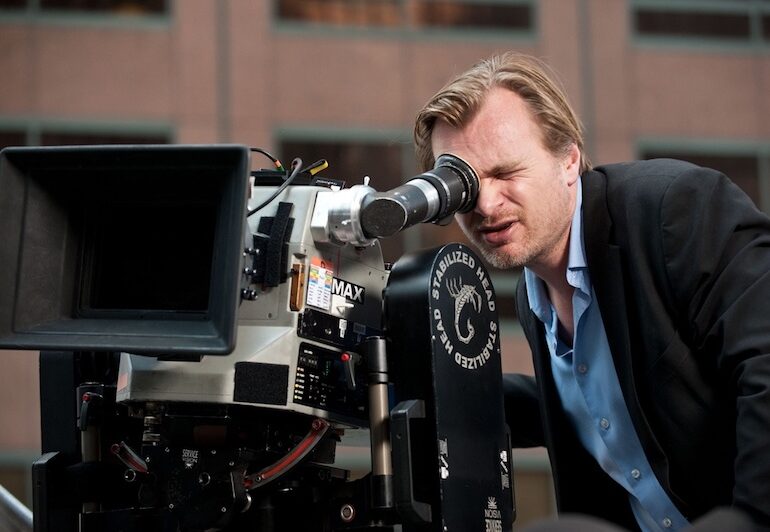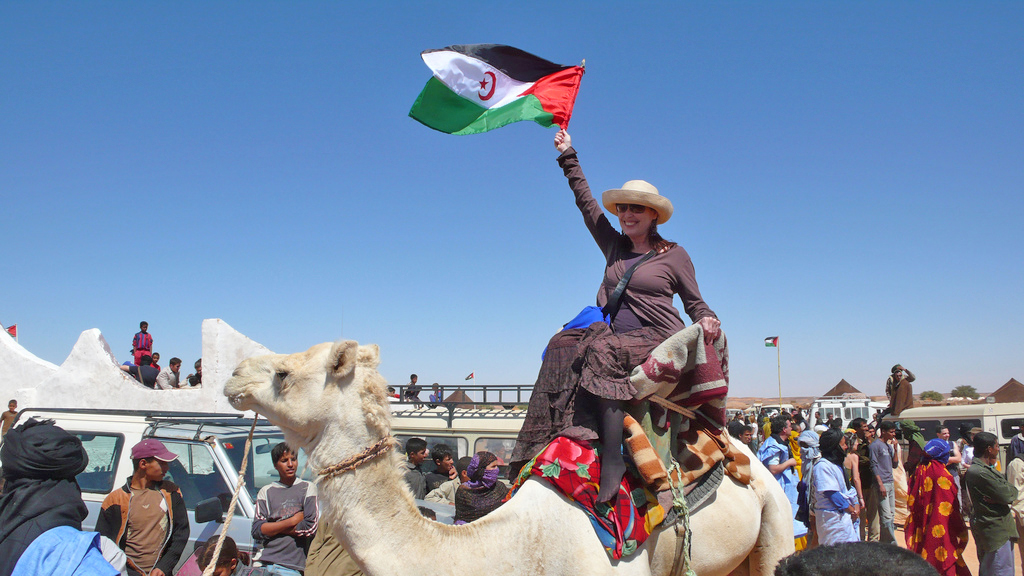
Dakhla- There’s a first-time for everything, including the Oscar-winning director behind the Batman: Dark Knight trilogy and the Oppenheimer movie. It’s the first time he’s directing a story as historic and well-known as The Odyssey and it’s the first time he’s faced such enormous backlash for his project as he’s shooting the scenes for the upcoming movie.
Set to release on July 17 2026, Christopher Nolan and his film-crew already began filming the project in various locations across Europe and Africa. One such location they some scenes was the city of Dakhla. The city is located in the region of Western Sahara and is largely occupied by Morocco, despite the fact that the region is often considered as a non-self-governing territory by organisations such as the United Nations.
After filming some of the movie’s scenes in the city for around four days, the film crew has already faced the heat against residents, including the organisers of the Western Sahara Film Festival (FiSahara). Protestors continue to stand against Mr. Nolan’s production, urging the Hollywood team to stop shooting there by highlighting their contribution to “Morocco’s repression of Sahrawi people”.

FiSahara added— “Dakhla is not just a beautiful place with cinematic sand dunes. First and foremost, it is an occupied and militarised city,” Reminding everyone of the continuous oppression the locals face from Morocco, forcing users to face the fact that Hollywood’s continuous filming in Western Sahara, whether intentional or not, is seen by locals as support for Morocco’s ongoing oppression of the city.
Famous actor Javier Bardem reposted FiSahara’s statement on Instagram, adding fuel to the fire by drawing attention to the consequences of Nolan’s actions online. The backlash spread so far that the Polisario Front’s Ministry of Culture stepped in, raising concerns about the production becoming “a dangerous form of cultural normalization” if they don’t stop filming there.
Amidst the controversy, Nolan and Universal Pictures still seem to receive lots of support from Moroccan residents. Reda Benjelloun of the Moroccan Cinematographic Center praised the decision to film in the city, calling it a potential “future hub of international productions” for increasing its global visibility. While the film team has yet to respond, a statement is expected soon.
© 2021 Apex Press and Publishing. All Rights Reserved. Powered by Mesdac